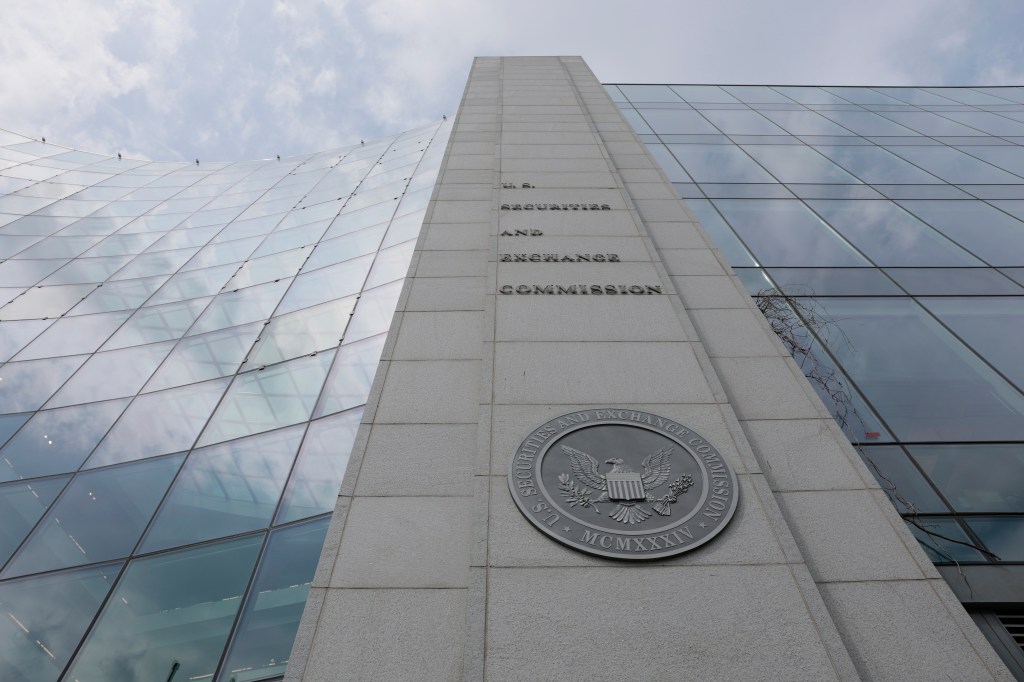Finansinspektionen, the Swedish Financial Supervisory Authority, has withdrawn the authorization of the neobank Intergiro Intl AB (Intergiro) to issue electronic funds after assessing that it had a high risk of being used for illicit purposes.
In an inspection of the company’s operations, the FSA uncovered alleged serious deficiencies on multiple
Register for free to keep reading
To continue reading this article and unlock full access to GRIP, register now. You’ll enjoy free access to all content until our subscription service launches in early 2026.
- Unlimited access to industry insights
- Stay on top of key rules and regulatory changes with our Rules Navigator
- Ad-free experience with no distractions
- Regular podcasts from trusted external experts
- Fresh compliance and regulatory content every day














